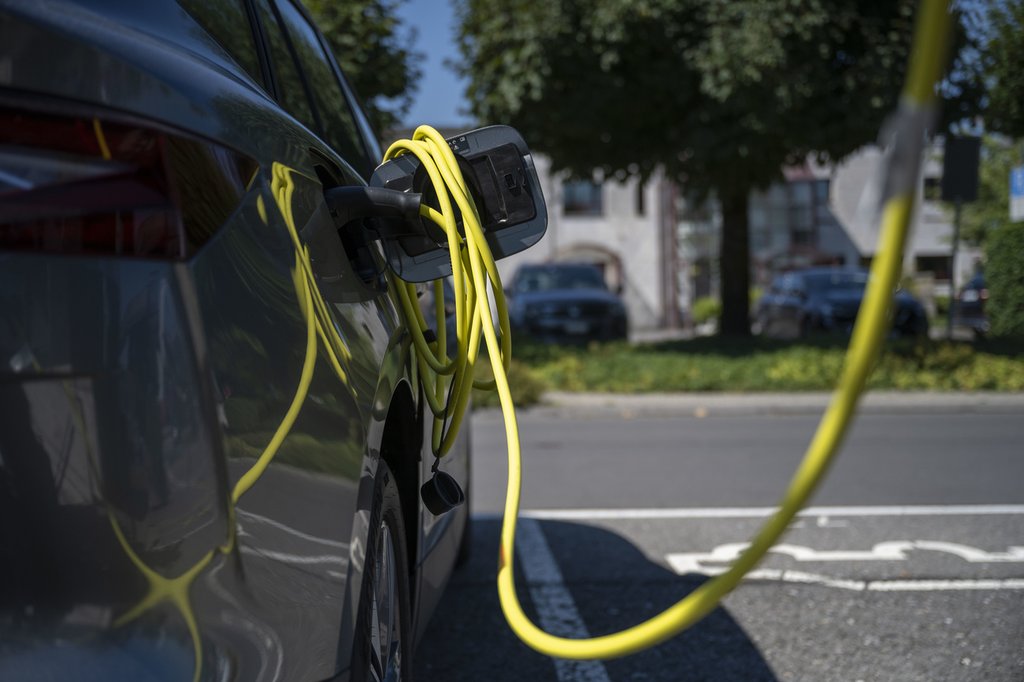With an increasing number of electric vehicles on the road, mineral oil tax is generating less income. The Federal Council wants to offset this by introducing a compensation levy on electric vehicles. The Swiss Confederation tasked INFRAS, alongside Ecoplan and TCS, to put together a tariff model for this levy.

The mineral oil tax on fuels is important for transport infrastructure: it is the most substantial source of income for the Special Financing for Road Transportation (SFSV) and the National Highways and Urban Transport Fund (NAF). However, with electric vehicles’ increasing popularity, the amount earned from mineral oil tax is decreasing. In the long term, it will not be enough to cover the financial needs of our transport infrastructure.
What do the potential tariff models for electric vehicles look like?
The Federal Council is therefore panning to introduce a compensation levy for vehicles with an alternative propulsion system, probably in 2030. It set the benchmarks for this levy to substitute mineral oil taxes in June 2022. The next step is now to develop a tariff model for the new compensation levy, among other things. The Federal Roads Office (FEDRO) has assigned this task to the working group made up of INFRAS, Ecoplan and TCS. The working group is also providing support in terms of project management.
The current project is building on previous work
The working group is able to build on the basic technical report on the concept of a vehicle-performance-based levy. Project manager Anne Greinus: ‘We are excited to be continuing this work for FEDRO’. This groundwork will be brought up to date as part of the current project. The current focus is on electric vehicles.
More information (in German)
- Report to the Federal Council ‘Plan for replacing mineral oil taxes (compensation levy)’
- Press release from the Federal Roads Office on the benchmarks for the compensation levy
- The basic technical report ‘Concept for a vehicle-performance-based levy’
Further reading and studies on the topic (in German)





